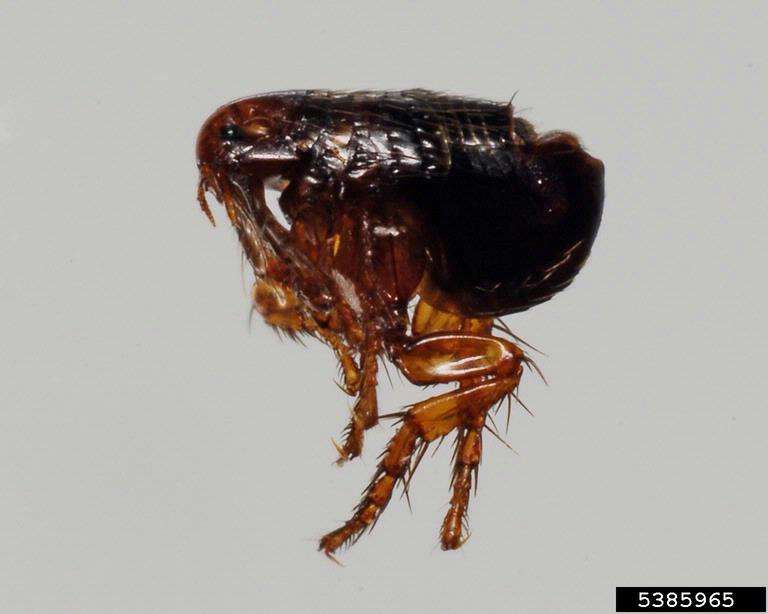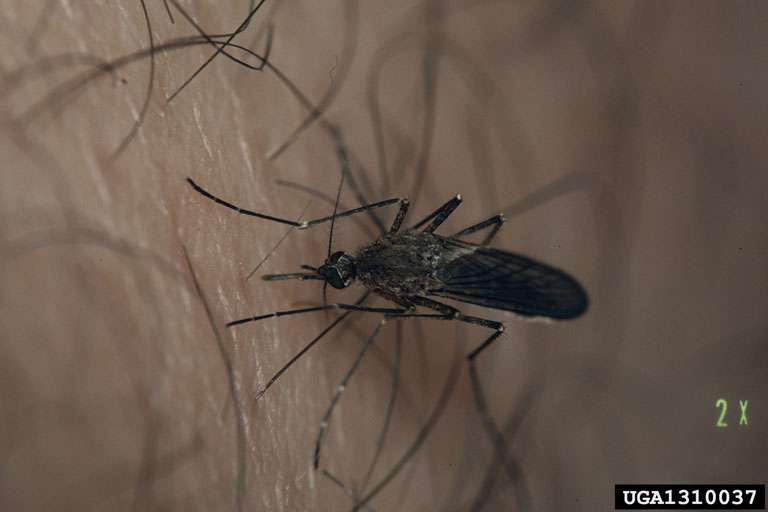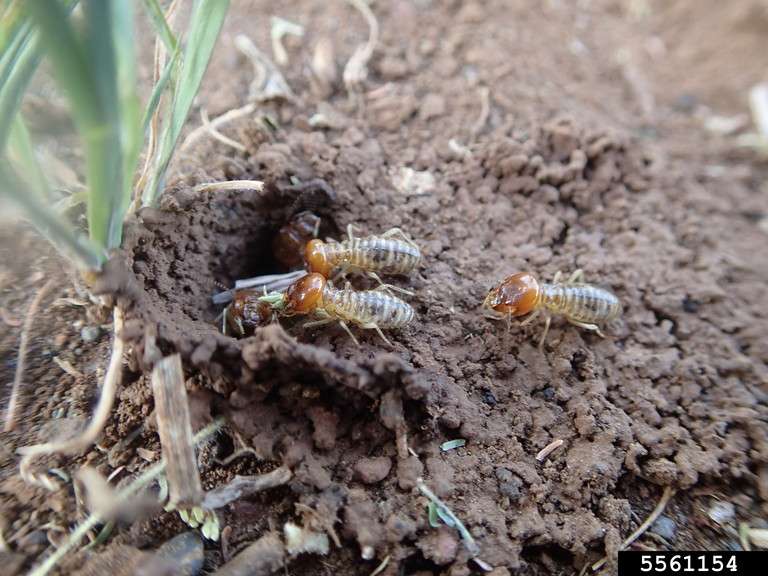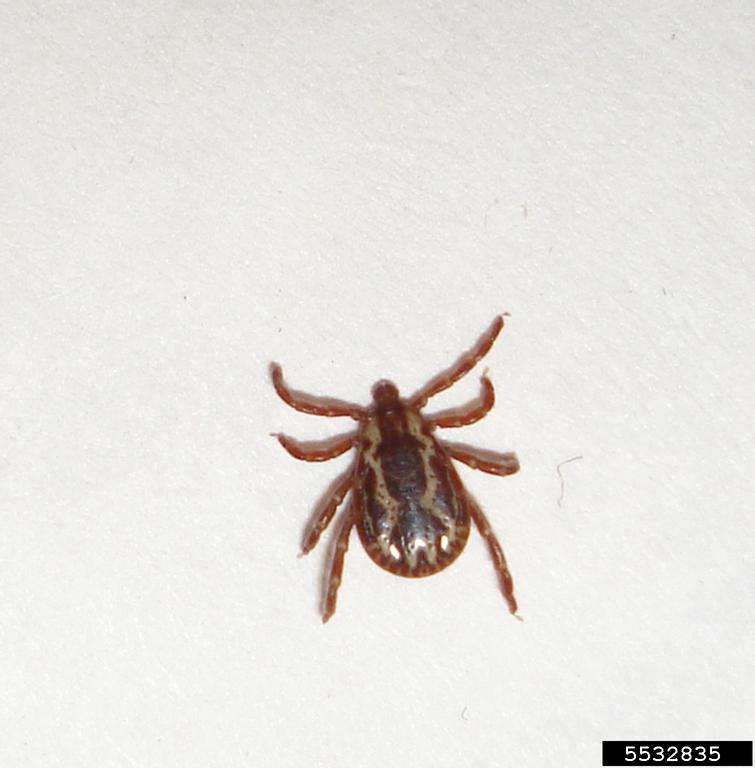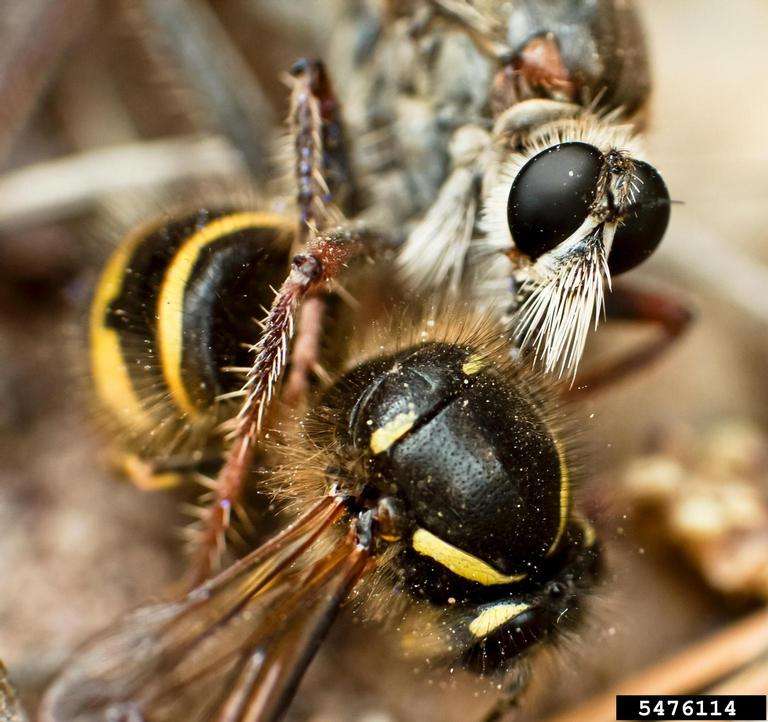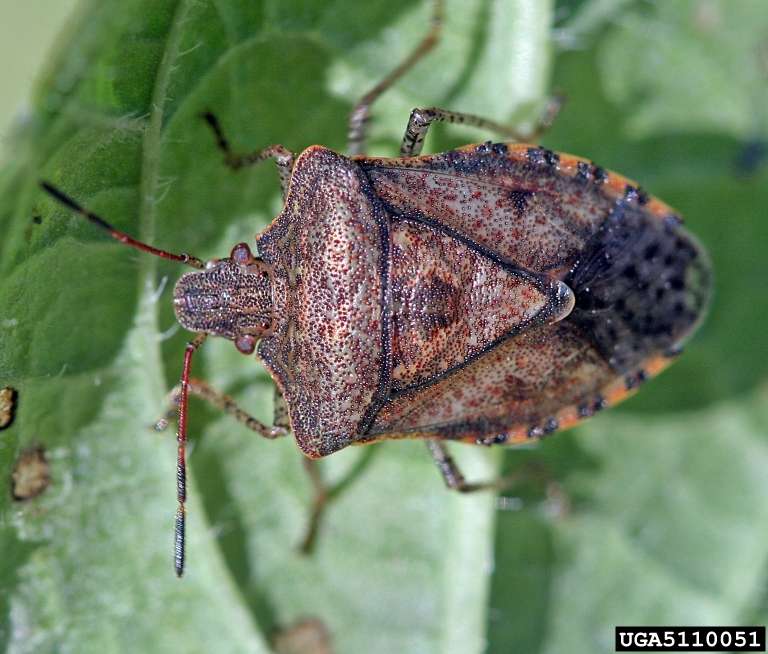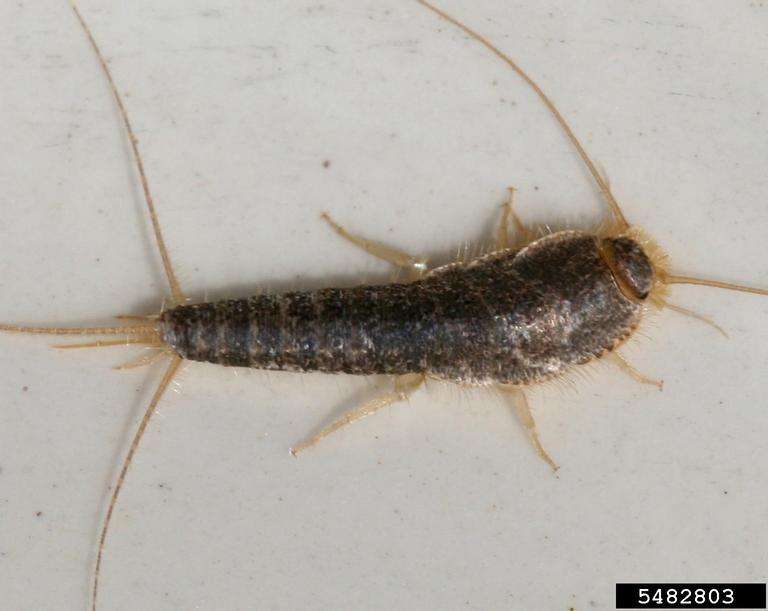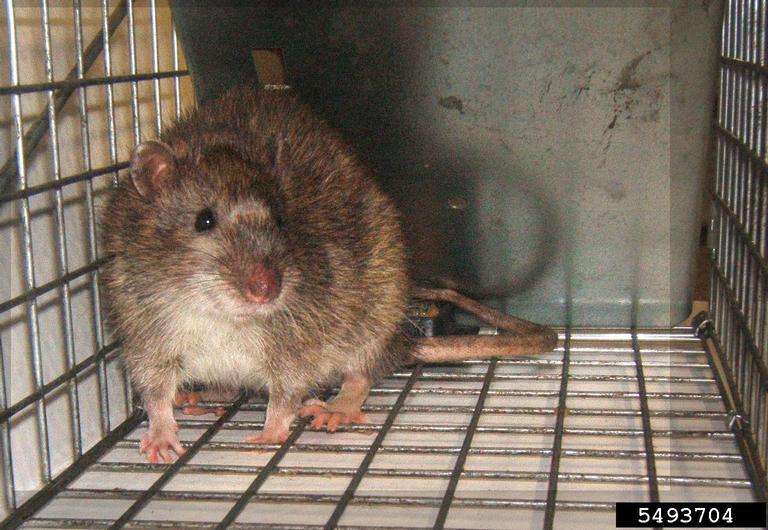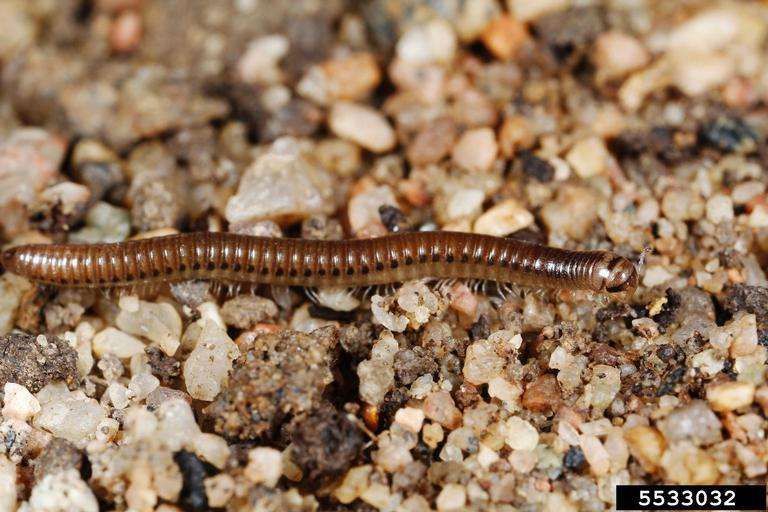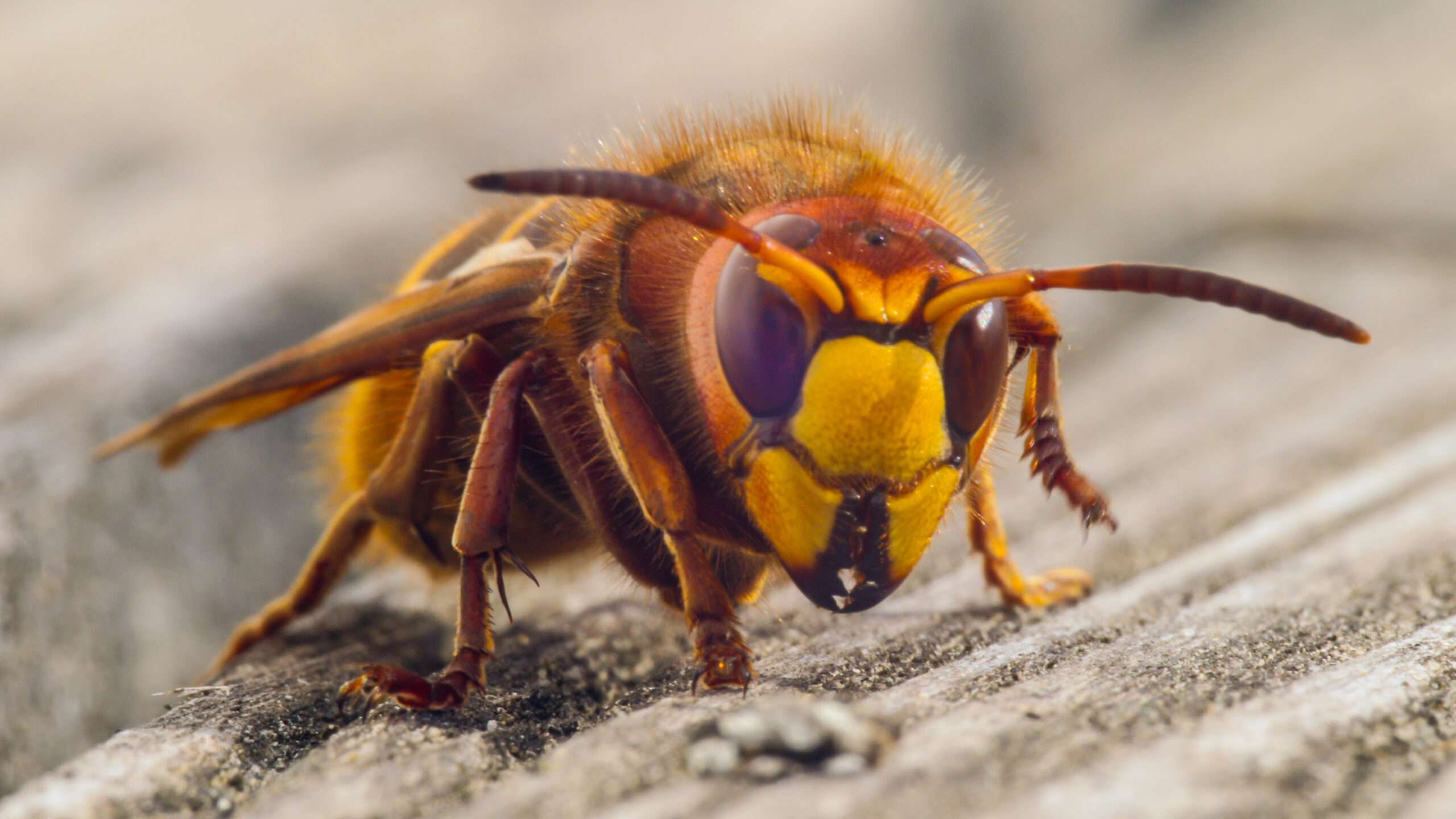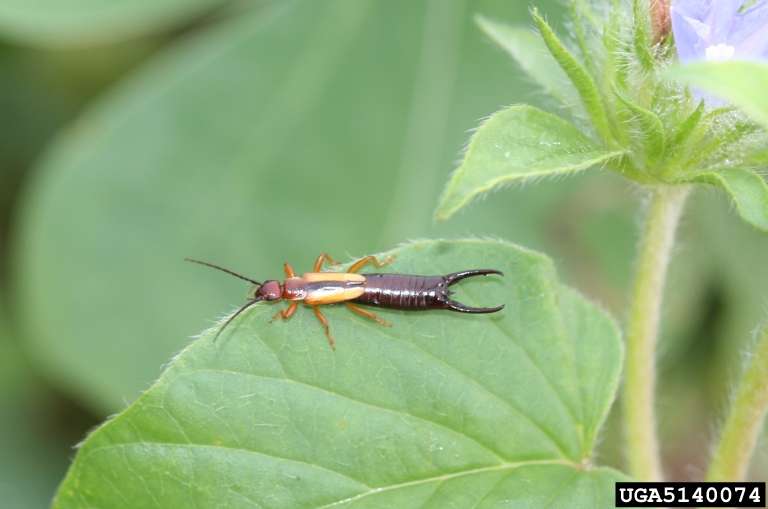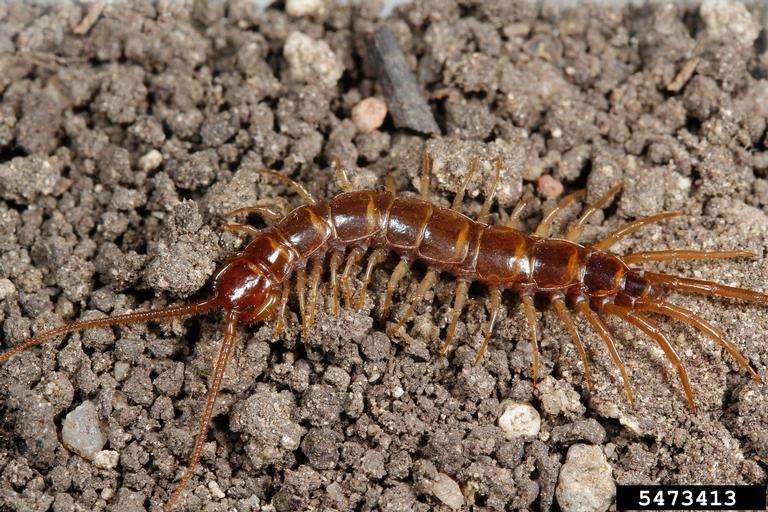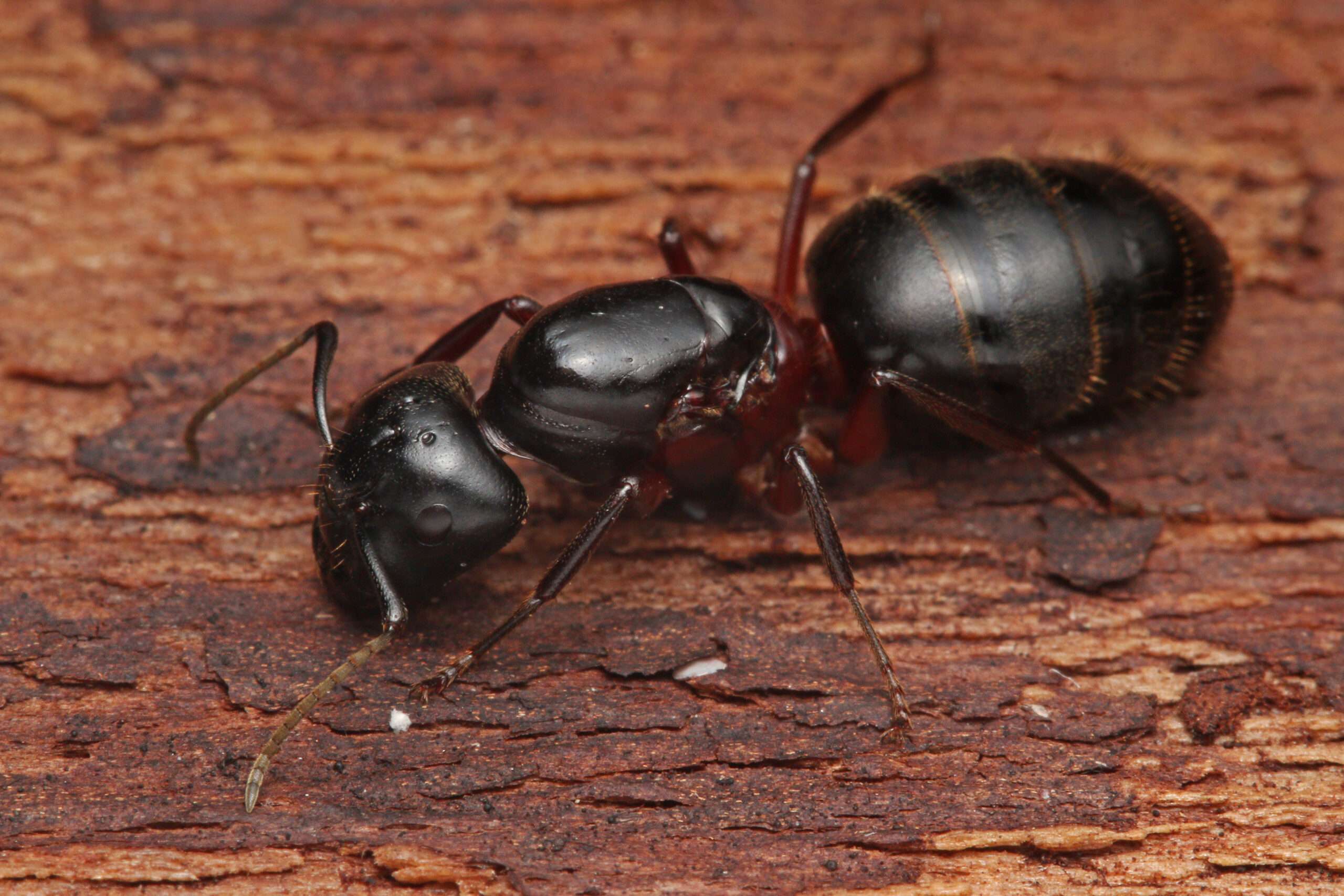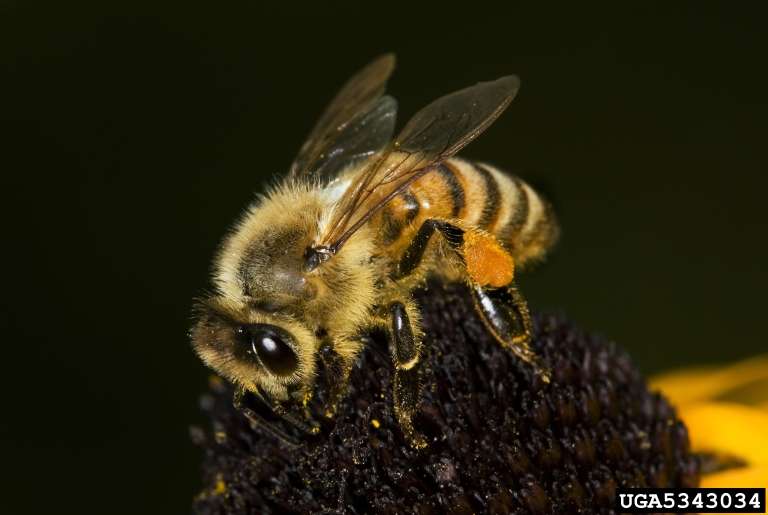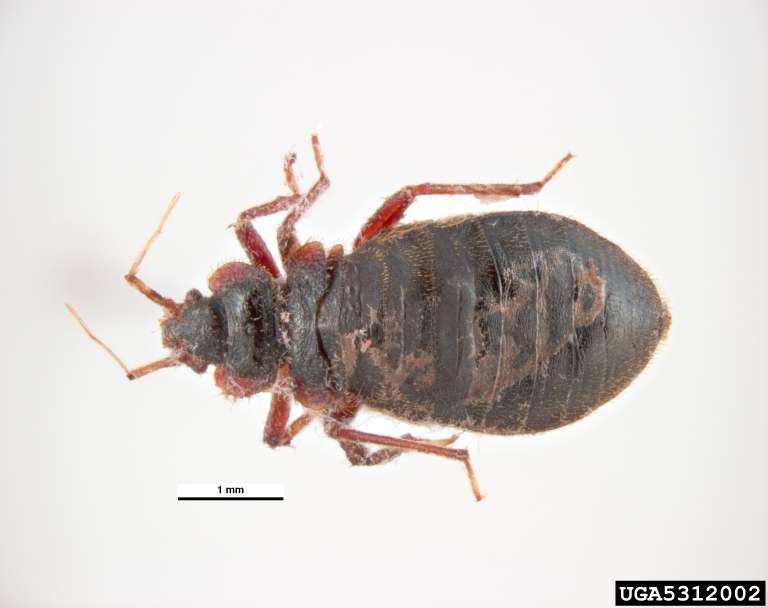Easy Exterminator Fleas Pest Control Service in Lansing Area, Michigan
Do you suspect your pet may have fleas? It’s extremely likely that your poor dog or cat has fleas living on them if they appear to be itching a lot. You can trace these little bloodsuckers inside your home, which makes it more important than ever to get rid of fleas. According to research, there could be up to 100 immature fleas in your home for every single flea you detect on your cat or dog. If you have a flea infestation, getting rid of fleas on your own is very difficult. Keeping your family and pets free from fleas is Easy Exterminator’s mission to you so you feel secure in your home.
Keeping your family and pets free from fleas is Easy Exterminator’s mission to you so you feel secure in your home. Call or text now at (517) 618-1908 to get your pest problem eradicated.
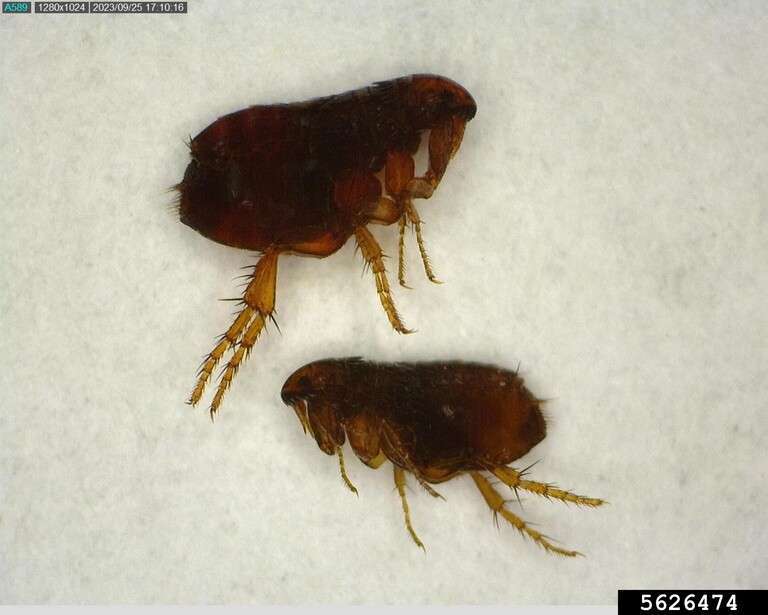
Flea infestation warning signs
Even though you may already be aware of your flea infestation, here are some of the most typical symptoms exterminators in your area check for. The first indication that there are fleas inside is finding them, therefore taking immediate action is recommended since they are most likely to infest a pet like a dog or cat. On their skin, in the fur covering their necks and tails, on their bellies, and in their armpits, they typically resemble tiny black dots.
Pet itching – Pets that have flea infestations tend to scratch excessively. Pets will occasionally scratch themselves to the point of bleeding.
Pet salivation – In some situations, pets, while grooming themselves can ingest fleas that carry eggs from intestinal worms (tapeworms). The worms end up within your pet’s body, which may cause them to slobber excessively and develop little white flexors on their anus.
You’ll be able to tell whether you have a flea infestation if you see actual fleas hopping around inside your home, commonly on carpet, couches, or other furniture, though this is more often the case
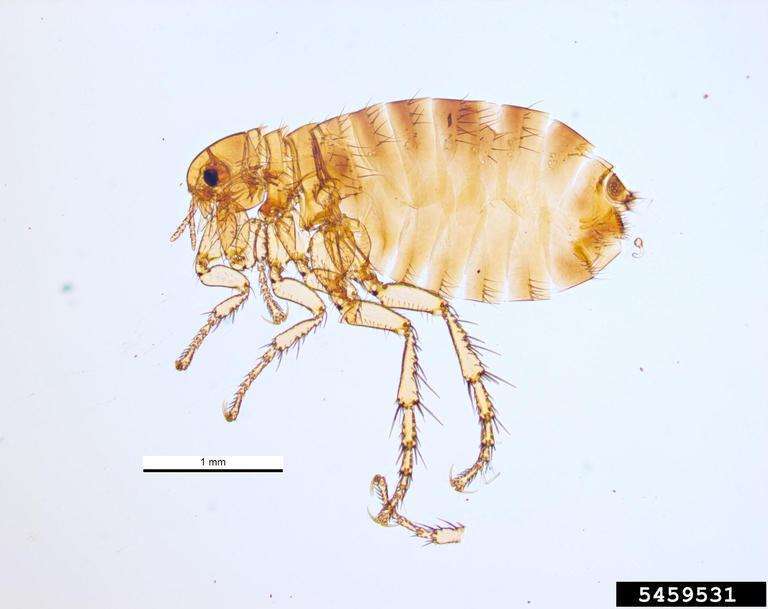
Something regarding fleas you should be aware of
Pets frequently clean up after themselves before we even notice them inside the house. Pets are far more vulnerable because of the time they spend outside interacting with the environment and other animals. These one to two mm long bloodsuckers may appear as a dark spot. You’ll be able to tell if fleas are present if you use a flea comb on your pet and notice any dark bugs inside. Sadly, fleas have usually already begun to produce eggs by the time you notice them, and those eggs develop swiftly. Most of the time, it takes two weeks to develop from an egg to an adult. When they reach adulthood, they can spread harmful infections such as tularemia, flea-borne typhus, and tungiansis. Because of these illnesses, it’s crucial to take proactive measures to prevent fleas from having the chance to lay eggs on your home.
Helpful tips for flea prevention
Keep grass surrounding the house short and clear the yard of branches, leaves, and other debris. Avoid taking your pet for walks through wooded areas, particularly those with high grass, and after walks, check your pet for fleas. Inquire with your veterinarian about flea prevention for pets.
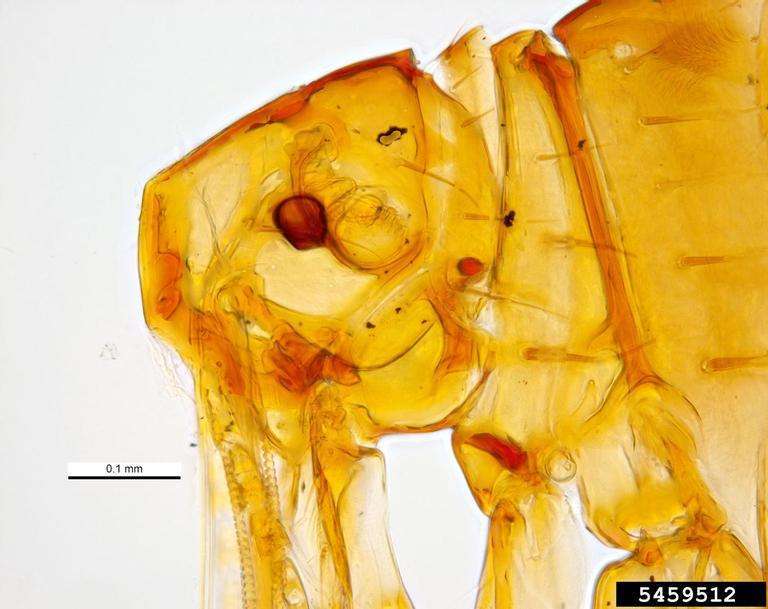
How can I get rid of fleas in Lansing, Michigan?
- Contact us: Do you believe that there may be a flea infestation in your home or on your property? For a free estimate, call or text now at (517) 618-1908 to get your pest problem eradicated.
- Schedule: We’ll arrange for one of our qualified professionals to provide timely flea control service.
- Get service: After performing a complete evaluation of your home or property, your specialist will provide you the most appropriate course of action.
- Obtain a report: You’ll get a thorough account of the assistance rendered, along with practical suggestions for staying pest-free.
- Follow-up: To make sure pests don’t return; we’ll conduct routine follow-ups. Simply give us a call if you notice any activity from pests, between what has been scheduled regularly. We’ll return without charge!
Flea FAQ
A: Even though fleas can be avoided by giving your pets frequent treatments recommended by a veterinarian, they may still find their way onto your property. It’s very difficult to get rid of fleas after they’ve invaded your home. Vacuuming frequently can help, but in the end, you’ll need to contact Easy Exterminator to restore safety and comfort to your house.
A: Fleas can spread a wide range of diseases to people, such as tularemia, flea-borne (murine) typhus, tungiansis, and bubonic plague.
A: Fleas can harm pets in a variety of ways, including flea allergies. Dermatitis (excessive, continuous itching) (excessive, chronic itching). Cat scratch fever, which cats can spread to people by scratching, and tape worms.
A: IGR, or insect growth regulator, prevents fleas from developing normally by acting as an insect hormone. It’s one of the numerous efficient chemical-free eradication methods that Easy Exterminator provides.
A: Flea-infested animals would itch and bite themselves excessively, sometimes even bleeding. Moreover, they might snort excessively.
A: Regularly examine your pet for fleas, especially if they have long or thick fur. Fleas are more likely to attach to a dog or cat in the armpits, beneath the belly, around the tail, and around the ears. Run a flea comb through their fur.
A: Adult fleas are one to two millimeters long and may resemble a dark spot.
A: A clean hotel or well-maintained cruise cabin might become infested with fleas just as readily as a filthy motel. Regular cleaning and vacuuming will help control fleas in your home, according to pest professionals. Vacuuming assists to keep the pests at bay.
A: Regular vacuuming is effective at eliminating flea eggs and can also pick up flea larvae if they have fallen to the ground. Clean your pet’s bedding thoroughly and frequently if you are aware that it has a history of flea infestation.
A: As a flea hatches, it transforms into a worm known as a larvae. On the ground, the lava wiggles around in search of skin fragments and adult flea excrement.
A: Adults can live for an average of two to three months with enough food (blood).
A: A flea develops from an egg to an adult in under two weeks under typical conditions. Flea pupae can, however, remain latent for up to a year or more depending on the circumstances.

